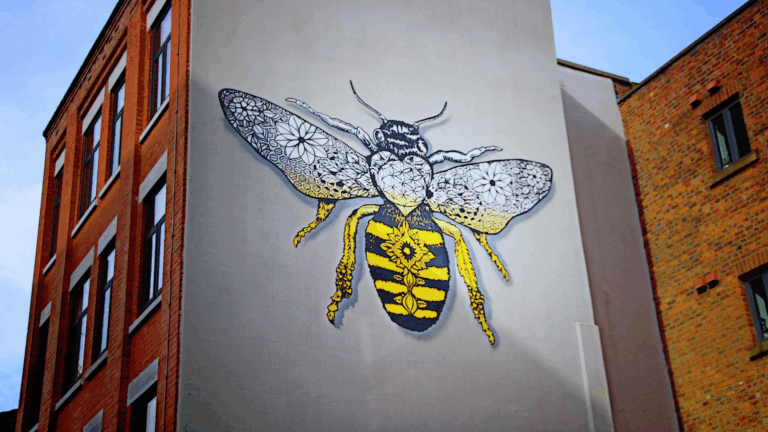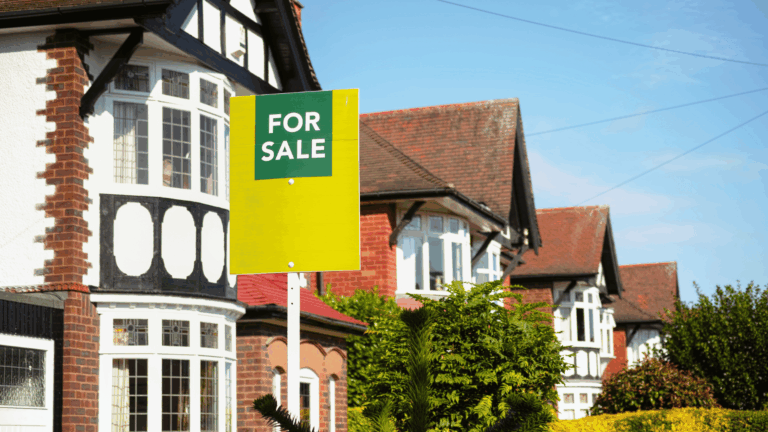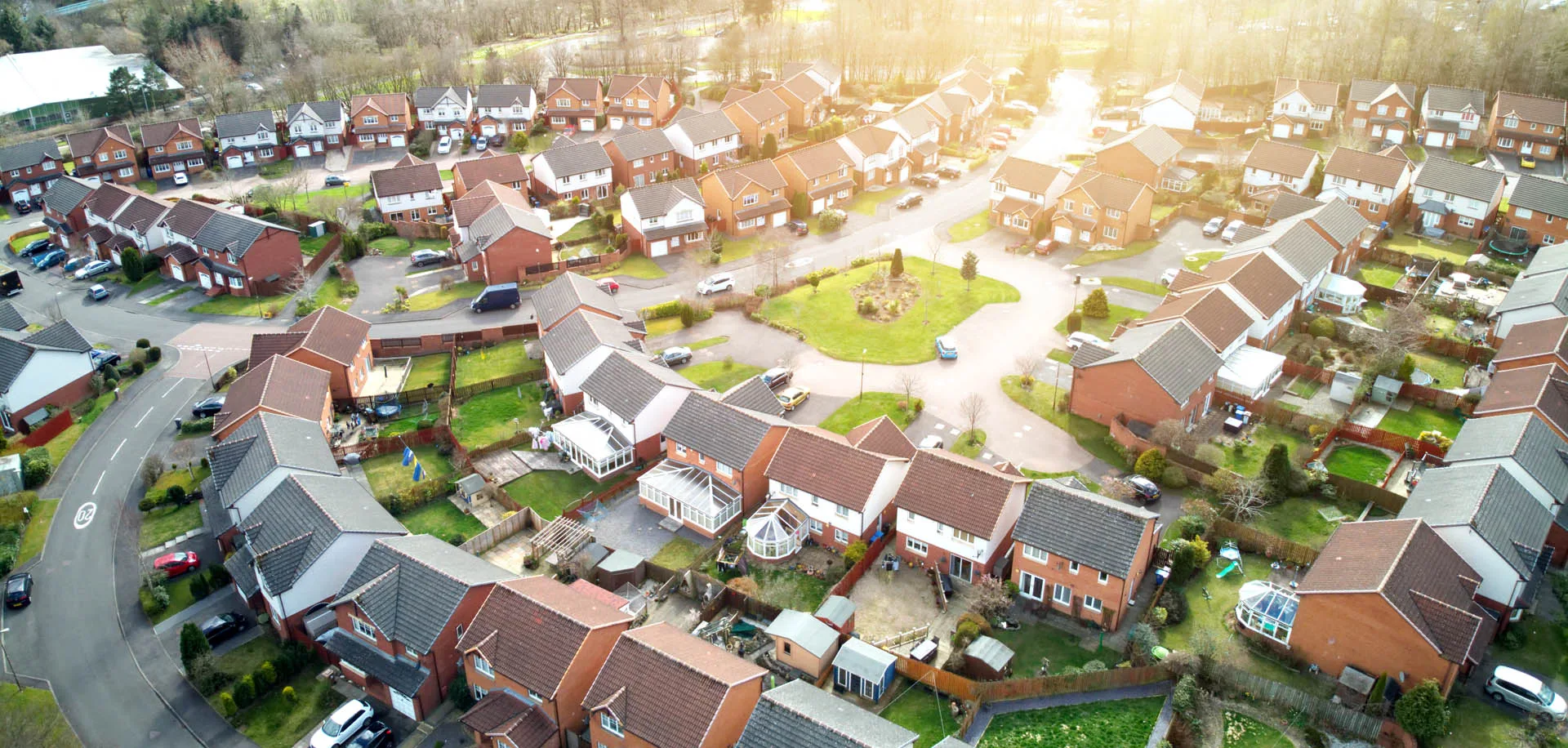
The We Buy Any House Blog
Stay up to date with the latest property news and find expert advice on how to sell your house fast in our blog
Stay up to date with the latest property news and find expert advice on how to sell your house fast in our blog


Take the first step to selling your house the fast and hassle-free way. Simply enter your postcode below and we will provide you with your no obligation cash offer in as little as 15 minutes.